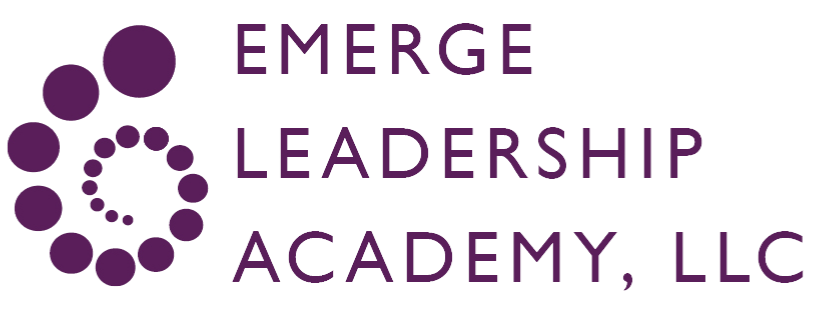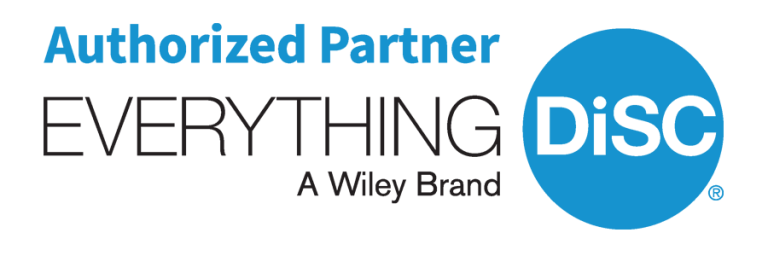Do people come to you for advice?
Do people come to you for advice?
They come to me. But it wasn’t always that way.
I will tell you why they come to me for advice now by giving you some good advice in the process.
I talk about personality a lot. I love helping people figure out their innate strengths and tendencies. So, when I’m asked questions during a training class or on a podcast interview, such as “What is your best advice when learning to use your personality at work?” What do you think I tell them?
The answer that most people think of, is to be yourself or to be authentically you. I mean we are talking about your personality here.
Yet, while that may hold true as good advice in many situations (like interviewing for a job), it’s not what I think is the BEST advice for building trust.
Before I tell you what it is, I want you to first identify if you think you are an introvert or an extrovert.
And in case you need a little more explanation about these two characteristics (some of you will know immediately but others are not so sure) I will briefly explain what that means . . .
- Extroversion: “The quality of being outgoing and socially confident” is what it says in the dictionary but there are many introverts that can do that or fake that behavior. A true extrovert is someone gets their energy from the external environment and who processes or often thinks out loud. Extroverts have a need to talk things out to figure out even what they think or feel about a topic. This is what I mean when I say “outgoing.”
- Introversion: “The quality of being shy and reticent” is the dictionary definition. Yet what I will share is that introverts get their energy more from going within. They have a tendency to think about things in their head and process their thoughts and feelings internally before speaking or making their thoughts known. It takes a LOT of energy for an introvert to stand up in front of a class all day and be speaking, training, etc, because in their nature, they are quieter people.
Remember that there is a sliding scale here. Everyone has both of these qualities but most people, have a tendency to be more one way or the other.
What are you MOST of the time?
Now comes my best advice when it comes to becoming a trusted advisor:
Getting out of your comfort zone and going beyond your natural tendency is a skill that comes much easier with practice and the benefits are huge.
I believe this is a stepping stone to building trust and respect with others.
When you face the challenge of getting out of your comfort zone in this way, at work or at home, you will gain more respect in yourself too. As a listener you’ll learn more and as a sharer people will learn more about you.
When people come to you for advice, it shows that you have excellent listening and questioning skills. Your people will not discuss things with you if they don’t feel heard or they don’t get quality advice (which you cannot give if you don’t listen or speak up).
I promise this one small step could begin to change things in a positive way and you can be on your way to being a trusted advisor.
All my best,
Maureen
On the Emerge. Evolve. Lead. podcast this week . . .
My guest on the podcast today is Nick Barrett, an entrepreneur who got into recovery five years ago and has started his own business.
Nick shares with us so many pearls of wisdom learned in sobriety that can translate to being a successful entrepreneur such as acceptance, action and authenticity. Nick is a self-aware leader in his company called CordBrick, which manufactures is a really cool tool that will help you manage your phone charging cords.
Nick has an inspiring story you’ll want to hear! Click below to listen now.
|
|
| Listen Now |
|
|
When people who work together get along everyone prospers. Bring in a fun class to raise productivity and lower conflict.
|
|
|
|
| Find out more |
Interested in growing your career at work? Try the Recovery@Work coaching program.
|
|
| Check Out the Program Here |



